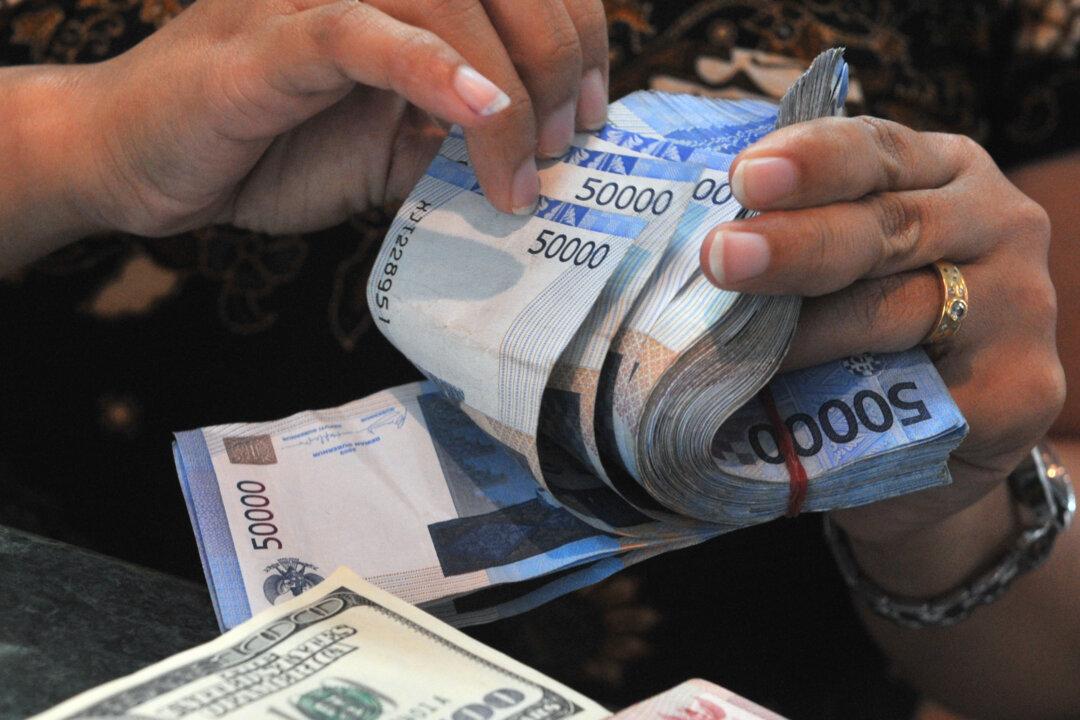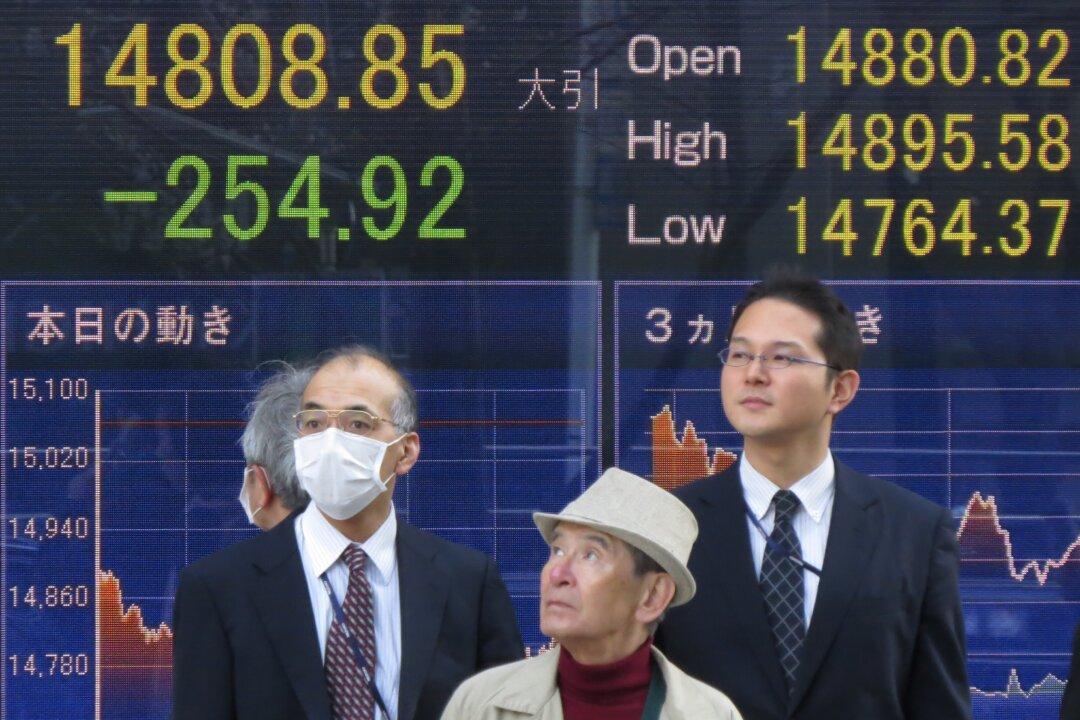After World War II the world entered a period of relative peace and prosperity, enabling countries around the world to begin the process of rapid industrialization. Among the roughly 200 countries, fewer than 40 achieved developed country (International Monetary Fund standard) status.
It has been almost 60 years since Word War II and now it seems that—except for those countries in eastern Europe that are in the process of close regional economic integration—no other country except Chile shows the potential to enter the ranks of developed countries in the next 10 years, even including all the large developing countries like Brazil, China, India, and Russia. Some countries are even falling back, like South Africa and Turkey.
Why did it take Japan only a little more than three decades to become a developed country while others failed to achieve that status in 60 years? It is mainly because there are fundamental flaws in some societies that are extremely difficult to deal with and nearly impossible to solve.
There are many reasons for this phenomenon, but the most important one is the lack of a clean political and legal system. Most of the developing countries have a corrupt political system, which guarantees a corresponding inefficient and corrupt legal system, since all the important appointments—including judges—are made by relatively corrupt politicians.
It is easy to understand that authoritarian or dictatorial regimes are so corrupt that their countries can never become developed economies. But why cannot so many democratic countries also overcome widespread corruption?
To have a clean political system, the large majority of the society has to be willing to sacrifice short-term financial gain for the long-term political and fiscal health of its country. This means investing heavily in education and infrastructure. This requires also that there is no obvious big division in terms of underlying beliefs (such as religious beliefs) among its population, so the whole country can walk in the same direction. A large percentage of politicians and the general population in countries like Greece and Argentina just do not want to make short-term sacrifices, no matter what.
Some countries are a little late to achieve developed status because of historical reasons, such as South Korea (true democracy only since 1987) and Taiwan (lifted martial law in 1987). But generally speaking, 40 years is long enough to enable a relatively clean democracy to become a developed economy.
From now on, it will be very difficult for another economy to advance to developed country status. After so many years of wasted opportunities, it is becoming clear that these countries have fundamental issues in their societies that are very difficult to solve. Many of the societies do not put education on the priority list and some societies are divided among different religious groups with different agendas.
Take Turkey, for example. Citizens have different beliefs on the direction of the country, so it will take some time for the country to reach consensus. Argentina wants to protect its domestic industry and the whole country failed to recognize that, in order to achieve developed country status, one has to open its market during this process to trade freely with the rest of the world.
India is an example of a country in which different groups have different agendas in their daily lives. The whole country is in embroiled in constant conflicts of interest, so it will take a long time for India to become prosperous. Russia is another example, for a different reason: it will take a long time to shed the czarist mentality and build a clean political and legal system, and then concentrate on building its economy. As for South Africa, it will degenerate into a third-world country famous for crime and corruption, contrary to the original wishes of the late Nelson Mandela.
Except for Chile and some EU neighbors, it will be a miracle for a major developing country to reach developed status in the next 10 years.
Warren Song is a New York-based financial consultant.
Opinion
The Hard Road to Becoming a Developed Country
After World War II the world entered a period of relative peace and prosperity, enabling countries around the world to begin the process of rapid industrialization. Among the roughly 200 countries, fewer than 40 achieved developed country (International Monetary Fund standard) status.

Visitors to the Expomin 2014 mining fair with more than 1,600 exhibitors from some 35 countries in Santiago, Chile, on April 22, 2014. Chile may be one of the exceptional few nations to achieve developed status in the coming years. Martin Bernetti/AFP/Getty Images
|Updated:



